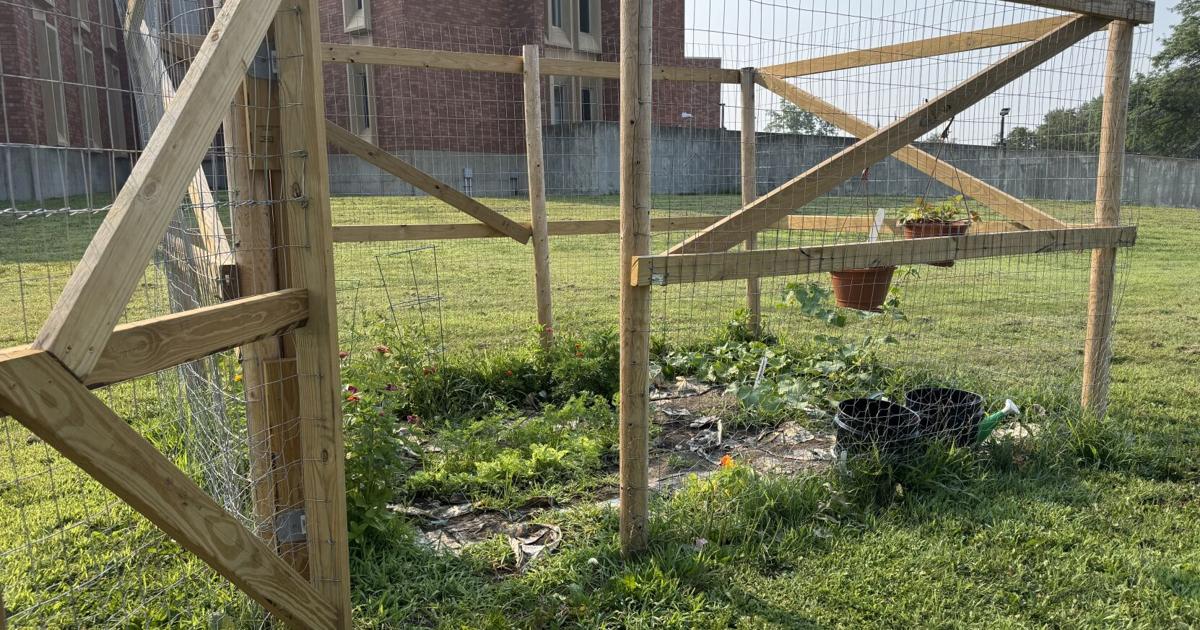

Dunn County Human Services Launches Innovative Youth Garden Project
MENOMONIE, WI — The Dunn County Department of Human Services has initiated a transformative program aimed at aiding troubled teens while simultaneously cultivating their personal growth. The project, aptly named the “Youth Garden Project,” began in the spring of this year and is already making significant strides in its mission.
The Youth Garden Project, part of the Youth Justice Program, engages adolescents aged 12 to 17 in horticultural activities. Each week, a select group of up to a dozen participants is involved in a range of tasks, including watering plants, weeding, and harvesting an array of fruits and vegetables. These hands-on activities not only foster a connection to nature but also promote valuable life skills among the youth involved.
Social worker Jenna Ginter, who oversees the program, reports positive outcomes from these weekly sessions. “It has been gratifying to observe the social skills development, particularly among the younger participants,” Ginter said. She highlighted how the program helps improve participants’ moods and reduces their likelihood of engaging in risky behaviors. Furthermore, the initiative provides educational components about environmental awareness, nutrition, and healthy eating habits, utilizing the produce harvested in the garden for classroom discussions.
The Youth Garden Project primarily targets at-risk youth during the summer months, equipping them with skills that extend beyond the growing season. Participants are instructed on how to properly winterize the garden and prepare it for the next spring planting. This educational layer ensures that the program is not merely seasonal but incorporates a sustainable approach to gardening and personal development.
Financed through Youth Innovations Grant funding, the program is currently set to continue until mid-2026. Ginter expressed hope that the success of the initiative will lead to its continuation beyond the grant’s expiration. “We believe that these experiences can profoundly impact the lives of these young individuals, and we are optimistic about securing further support to keep the program alive,” she stated.
As the Youth Garden Project progresses, it stands as a testament to the potential of community-based initiatives in addressing youth challenges. The blending of personal development, social skills improvement, and education within this program could serve as a model for similar initiatives across the country, aiming to instill lifelong skills in the younger generation while fostering a healthier relationship with nature and one another.




